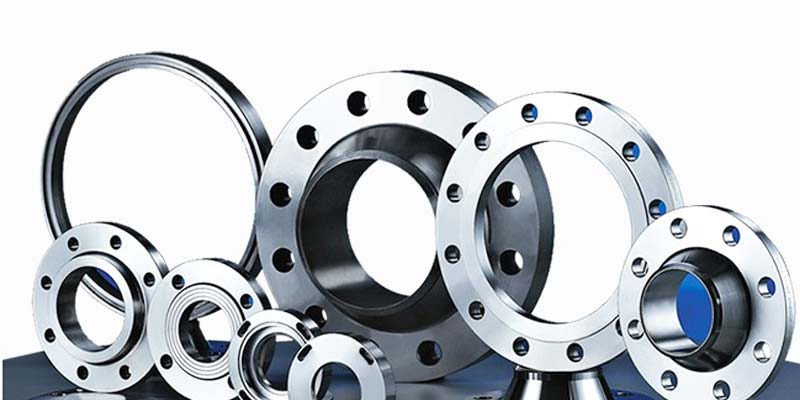- Contact Innally, Let you purchase forgings in China more favorable prices, products more assured!
- Hotline:+(86)15038323776 Email:innally@innally.com
Classification of Marine forgings and their application fields in different industries
- Category: Marine forging, Stainless steel forging
- |
- Date: 14/08/2023
Marine forgings play an important role in various fields such as Marine engineering, Marine resources development and Marine energy development. Marine forgings with different materials and uses have different properties and characteristics to meet the requirements of complex working conditions in the Marine environment.
- Steel forgings, aluminum alloy forgings and nickel-based alloy forgings
Product Details
Marine forgings refer to various forgings products used in the Marine environment. Due to the complexity and harshness of the Marine environment, Marine forgings need to have special properties and characteristics to meet the needs of Marine engineering and Marine resources development. According to different uses and materials, Marine forgings can be divided into several categories and are widely used in different industries.
First of all, according to the different materials, Marine forgings can be divided into steel forgings, aluminum alloy forgings and nickel-based alloy forgings. Steel forgings have good mechanical properties and corrosion resistance, and are widely used in offshore oil exploitation, offshore engineering construction and Marine vehicle manufacturing. Aluminum alloy forgings have light weight and good corrosion resistance, and have important applications in shipbuilding, diving equipment manufacturing and Marine wind power equipment. Nickel-based alloy forgings have the characteristics of high temperature, high pressure and corrosion resistance, and are widely used in important fields such as Marine thermal power generation, nuclear power plants and submarine pipelines.

Secondly, according to the different uses, Marine forgings can be divided into several categories such as offshore platform forgings, subsea pipeline forgings and subsea oil and gas development equipment forgings. Offshore platform forgings are mainly used in the construction of offshore oil platforms, including support structures, connectors and bearing equipment and other forgings. These forgings need to have good strength and corrosion resistance to ensure the safe operation of the offshore platform. Submarine pipeline forgings are mainly used for the connection and support of offshore oil and gas transmission pipelines, which need to have the characteristics of high pressure and corrosion resistance. Forgings of subsea oil and gas development equipment are mainly used for the construction and maintenance of subsea oil and gas Wells, including drilling equipment, blowout preventers and tubing connectors.
In addition, Marine forgings are also widely used in the field of Marine energy development, such as Marine wind power generation equipment, Marine tidal energy equipment and Marine wave energy equipment. These devices require the use of special forgings to ensure the reliability and safety of their work. In addition, Marine ship manufacturing is also an important application area of Marine forgings, including forgings such as hull components, thrusters and navigation systems.
All in all, Marine forgings play an important role in various fields such as Marine engineering, Marine resources development and Marine energy development. Marine forgings with different materials and uses have different properties and characteristics to meet the requirements of complex working conditions in the Marine environment. With the development of Marine economy and technological progress, the research and development and application of Marine forgings will also be further expanded and promoted.
nannan
INNALLY mainly provides you with various types of cast and forged parts products. Welcome your inquiries! innally@innally.com
Related Products
Search
Forging center
- Steel forgings
- Aluminium alloy forging
- Titanium alloy forging
- Stainless steel forging
- Copper forging
- Automotive forgings
- Locomotive forging
- Bicycle forgings
- Motorcycle forging
- Rigging and fasteners
- Bearing forging
- Electric power fittings
- Marine forging
- Mechanical forgings for metalworking
- Mining machinery forgings
- Marine engineering forgings
- Construction machinery forgings
Popular product

© 2025. All Rights Reserved.







